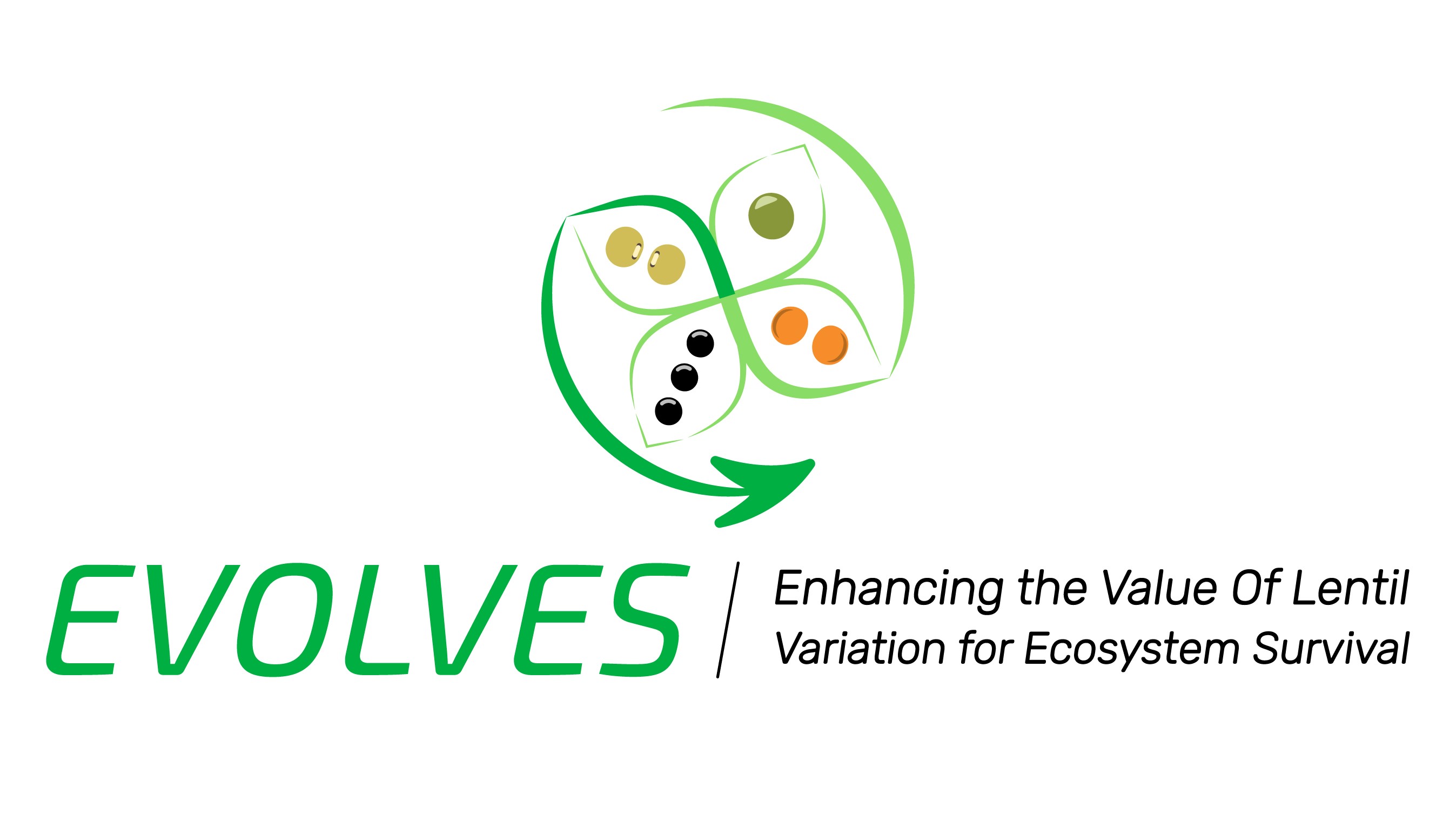EVOLVES Activity 5- Genomics in Society
 GE3LS research in EVOLVES is designed to facilitate the uptake and implementation of appropriate technologies in the breeding program
GE3LS research in EVOLVES is designed to facilitate the uptake and implementation of appropriate technologies in the breeding program
5a) The pull of the market and research targeting
5b) Innovation uptake by plant breeders
- Situating the adoption challenge through structured literature review
- How will breeders deal with information overload
- The institutional and managerial framework for effective adoption
Deliverables
- Knowledge of consumer perception and preference for lentil and lentil-derived food products, which will inform and enhance breeding and product development strategies
- A multi-faceted communications strategy that will facilitate adoption and implementation of ‘omics technologies by the plant breeding community. This strategy will be developed throughout the project and provide real-time inputs into other EVOLVES project activities as the ‘omics tools are being designed for use by the breeding program
- Policy recommendations for R&D stakeholders (e.g. research institutions managers and funding bodies) advising them on ways to improve technology adoption readiness and efficiency





Canadian Lentil Market, Supply Chain and Lentil Suppliers and Processors' Qualitative Interview Results - EVOLVES Technical Report
Simona Lubieniechi, Farnell Holt and Peter WB Phillips
Put down the pen; pick up the tablet
A Case Study on the Adoption of a Digital Data Collection System for Plant Breeding
Simona Lubieniechi, Crystal Chan, Kirstin Bett, Peter WB Phillips
With the rise in interest in curating, linking and using big data for plant breeding, the big question is whether users will come if systems are built. This paper explores the uptake and use of a digital data collection template and of KnowPulse, a platform website hosted at University of Saskatchewan. KnowPulse was designed to provide a one-stop site for genomics and phenomics data and a range of relevant tools for breeders of pulse crops, especially lentil. The paper highlights a host of variables that have limited full uptake and use of this innovative tool.
Canadian Plant Breeders and Bioinformaticians: Factors Influencing Decision Making and Knowledge Transfer
Simona Lubieniechi and Peter WB Phillips
The Costs of Genome Editing Governance
Diego Macall, Stuart Smyth, and Peter Phillips
The advent of genome editing tools to make targeted changes to a plant’s DNA brought a revolution for plant research and crop improvement, but also raised new concerns regarding regulatory processes and public perceptions. Given that genome editing technologies can result in both non-transgenic and transgenic outcomes, the former are expected to be marketed as equivalent to conventional counterparts, whereas the latter as equivalent to genetically modified (GM) products.
What needs to be done to make the most of CRISPR in Canadian Agriculture?
Diego Macall
Status of Gene Editing Use in Public Canadian Crop Breeding
By Peter W.B. Phillips, CSIP Director and JSGS Distringuished Professor; Diego Maximiliano Macall, Research Assistant, CSIP; and Simona Lubieniechi, Professional Research Assoicate
In Spring 2021, Health Canada released proposed new guidance for the Novel Food Regulations, specifically focused on plant breeding, and conducted an open consultation seeking feedback from both industry stakeholders and general Canadian public. This move reflects the government’s intent to establish a predictable commercialization pathway in preparation for new products that are developed using new plant breeding techniques, more specifically, “gene editing” (GEd) techniques.
